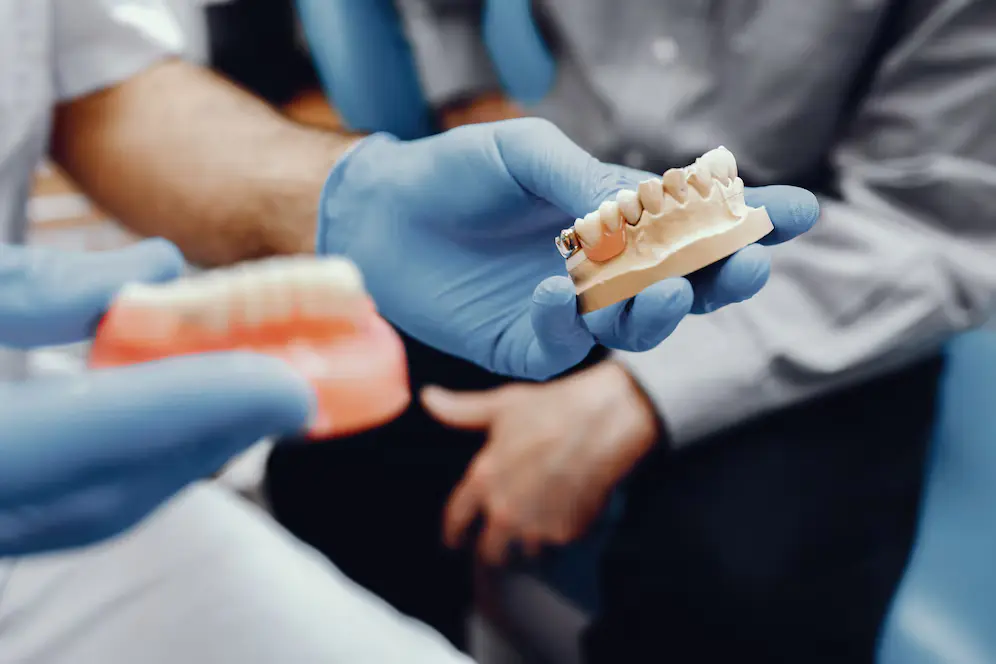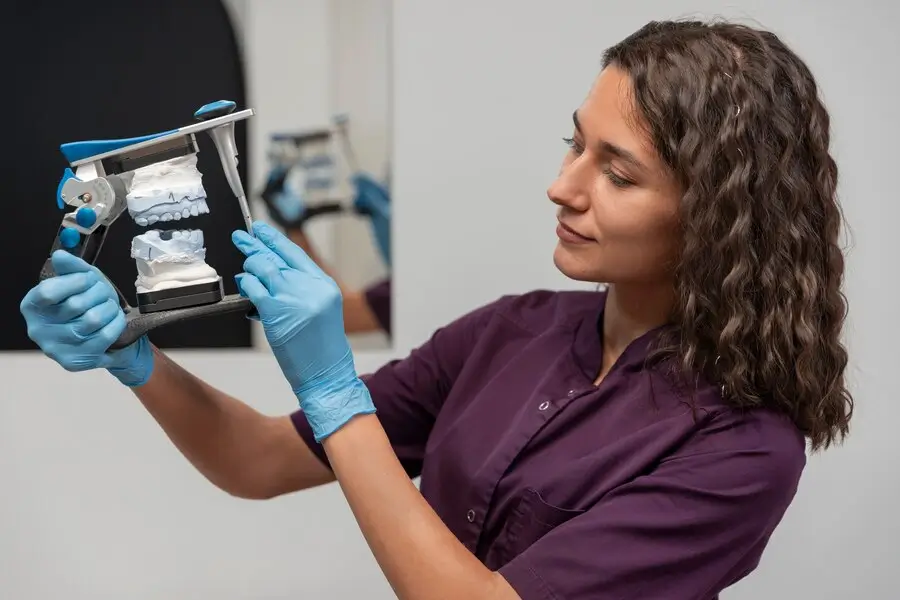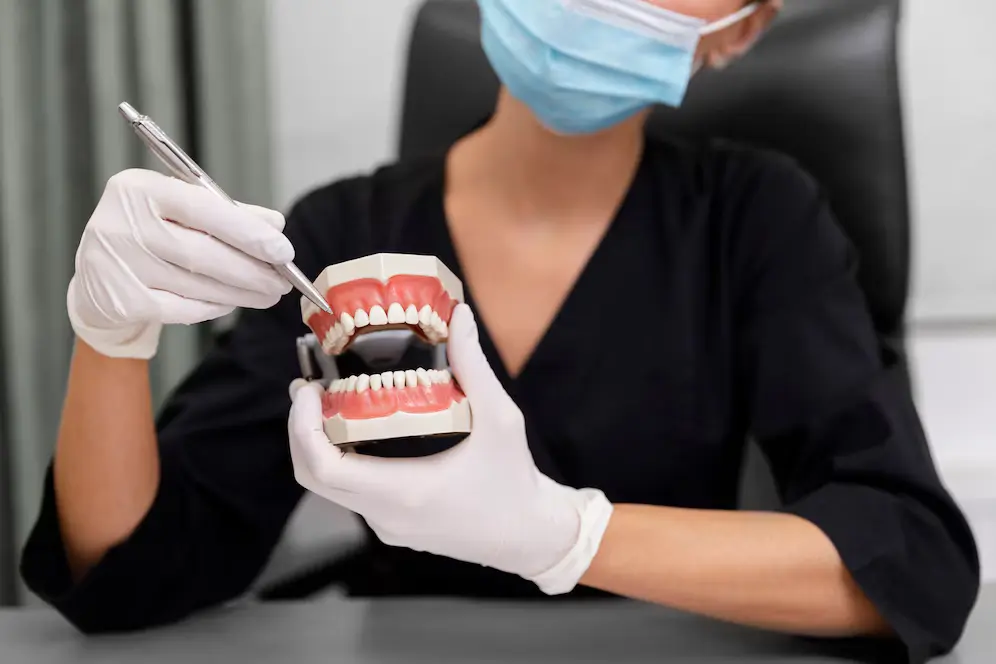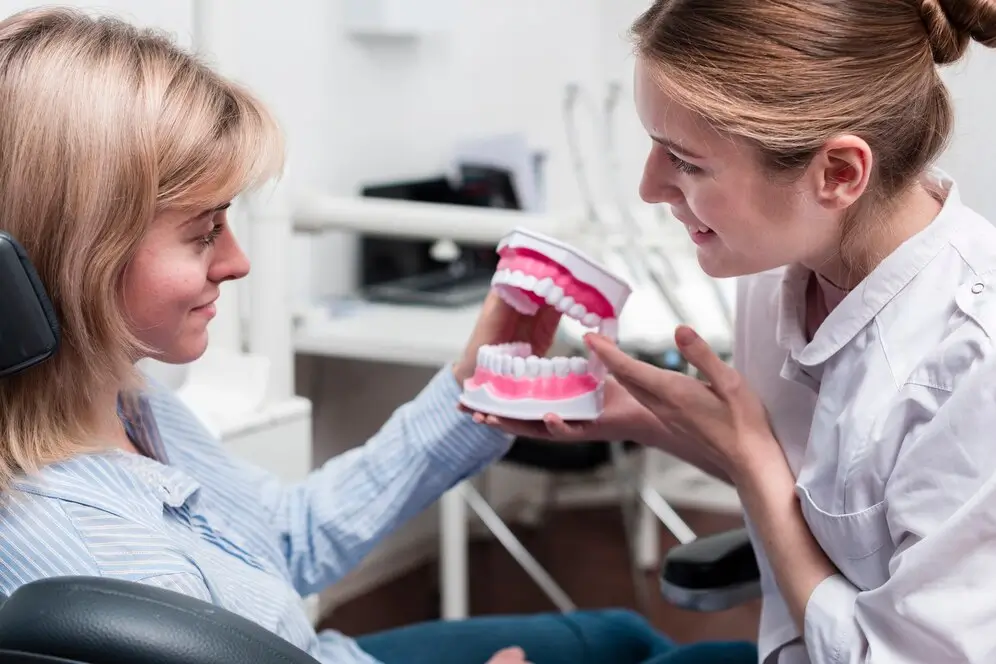Why Regular Dental Visits are Important
Regular dental checkups are quite important if you want to keep your teeth and gums healthy – even if you brush and floss every day. Many people with good home care still ask, how often should you go to the dentist? The answer is at least twice a year, unless your dentist recommends otherwise.
A professional dental exam can catch issues like cavities, gum disease, or even early signs of oral cancer before they become serious or painful. These problems often don’t show symptoms until they’ve advanced, which can lead to complex and costly treatments.
Even if you feel fine, your oral health can be affected by things like illness, stress, medications, or changes in your diet. That’s why staying consistent with your dental check-ups helps protect your smile in the long run.
Factors That Influence How Often You Should Visit the Dentist
Several factors can affect how often you should go to the dentist. While a standard recommendation is twice a year, your needs may vary based on:
- Oral Health Condition. If you have ongoing issues like sensitive gums or tooth decay, you may need more frequent visits.
- Age and Risk Factors. Children, seniors, and people with certain medical conditions may need closer and more frequent monitoring.
- Lifestyle and Habits. Smoking, poor diet, or teeth grinding can increase the need for regular care.
- History of Gum Disease or Cavities. A history of dental problems means you should stay consistent with your dental check up schedule.
Pregnant Women and - Dental Visits. Hormonal changes can affect gum health, making dental visits during pregnancy important.
During a dental exam, your dentist will assess these factors and help you understand how often you should go to the dentist based on your unique situation.
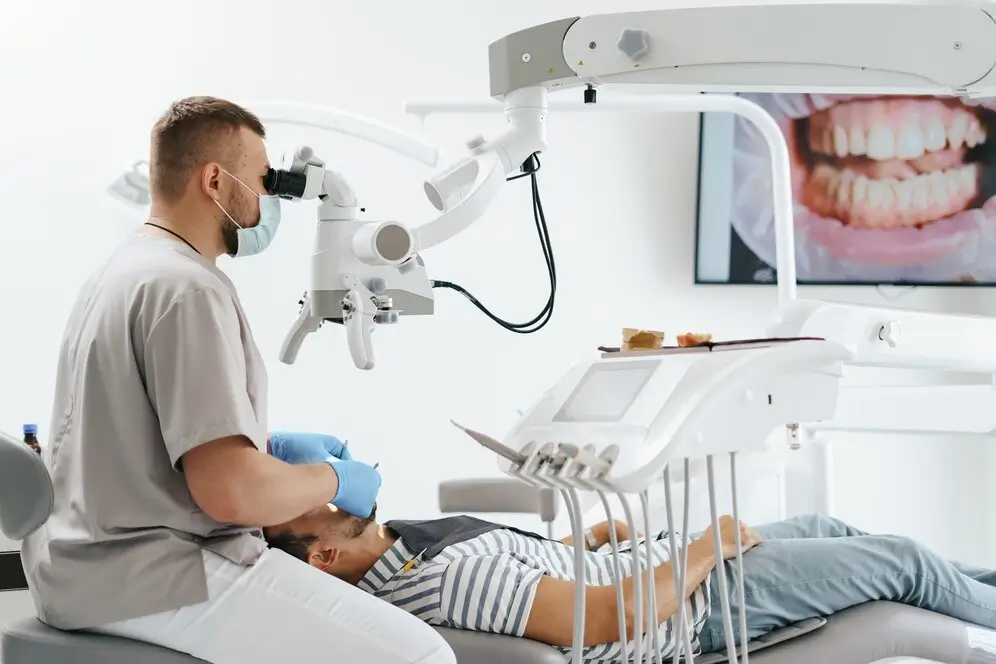
How Often Should You Go to the Dentist for a Cleaning
If you’re wondering how often you need to visit dentist for a cleaning, the general recommendation is every six months. These regular visits help remove plaque buildup, catch early signs of dental problems, and keep your smile healthy. However, some people – especially those with gum disease, frequent cavities, or other oral health concerns – may need cleanings more often.
Your dentist can help you create the right schedule based on your unique health situation. Just like treatments such as teeth whitening, which bring noticeable results but need maintenance over time, regular cleanings are part of keeping your smile in top shape.
And if you’re asking, how long does teeth whitening last? The answer depends on your habits, but regular cleanings can help keep your results looking brighter for longer. Staying consistent with your dental care routine is very important for both look and health.
How Often Should I Get a Dental Checkup
There isn’t a one-size-fits-all answer to how often I should go to the dentist. The general advice is every six months, but your personal needs might vary. Several factors can influence how often to visit dentist, like your daily habits, overall oral hygiene, access to dental care, and even your genetics.
For example, if you smoke, drink frequently, or have a history of cavities or gum disease, you may need more frequent visits. On the other hand, if your oral hygiene is excellent and you’re in good health, your dentist might recommend longer intervals between visits.
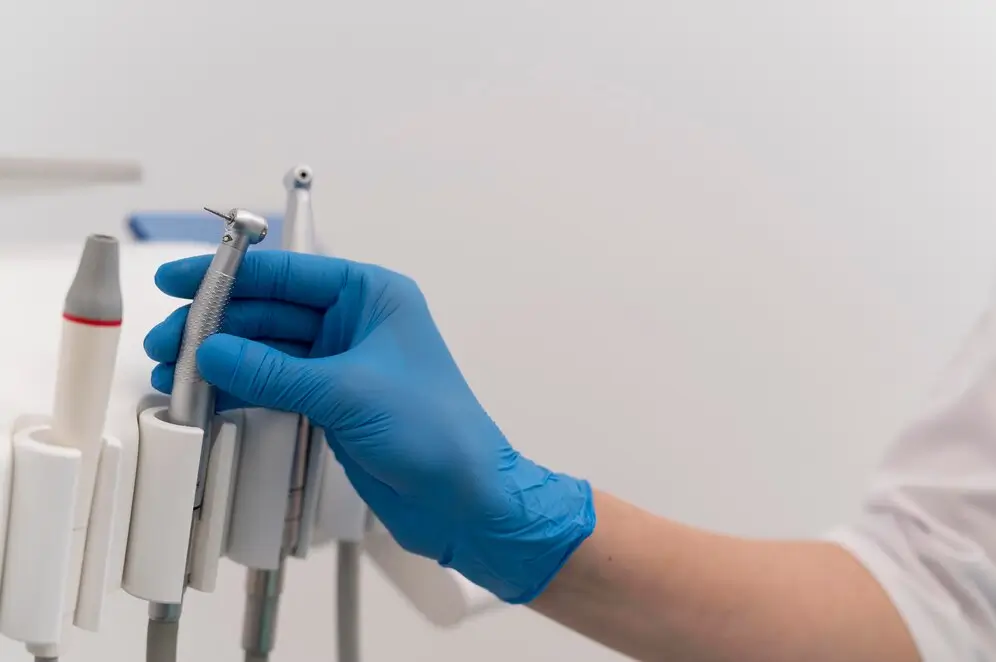
Dr. Doktorman Can Help You Maintain Optimal Oral Health with Regular Checkups
Choosing Dr. Edward Doktorman as your dentist in Clifton means getting personalized care backed by years of experience and advanced training. Whether you’re coming in for a routine dentist visit or want to understand various treatment options like types of crowns, types of dental bridges, or even deciding between implants vs dentures, Dr. Doktorman provides expert care and advice based on your unique health needs.
He helps patients understand how often to go to dentist based on their oral health, lifestyle, and risk factors. Regular checkups not only help prevent problems but also ensure that any existing issues are addressed early.
Ready to take charge of your dental health? Call our office today and schedule your visit with Dr. Doktorman – Clifton’s trusted name in high-quality dental care.
FAQs About Dental Visits
Do You Really Need to Go to the Dentist Every 6 Months?
Visiting the dentist every 6 months is a common guideline, but it may not apply to everyone. How often you should see the dentist depends on your oral health needs – some people may need more frequent visits, especially if they’re prone to gum disease or cavities. Your dentist can help you decide the best schedule personally for you.
Can I Go to the Dentist Once a Year Instead of Twice?
While some people with excellent oral health may manage with one visit a year, for most it is still a good idea to see the dentist twice annually. How often you should go to the dentist depends on your individual risk for dental issues like cavities or gum disease. Your dentist can recommend the best schedule for you.
What Happens if You Don’t Visit the Dentist Regularly?
If you don’t visit the dentist regularly, small issues like plaque buildup or cavities can turn into serious problems that require more complex and costly treatment. You may also miss early signs of gum disease or even oral cancer. That’s why it’s important to know how often you should see a dentist and stick to a certain schedule that’s right for your health.
How Often Should Children Visit the Dentist?
Children should visit the dentist every six months to monitor the development of their teeth and catch any issues early. Regular cleanings and checkups help build good habits and prevent problems like cavities. If you’re wondering how often you should see a dentist, starting early with consistent visits is a healthy and highly useful foundation for life.
Do People With Good Oral Health Need to Visit the Dentist as Frequently?
Even people with good oral health should visit the dentist regularly, usually every six months too. These checkups help catch hidden issues early and keep your teeth and gums in top shape. But your dentist can adjust the frequency of visits to better fit your unique health.



